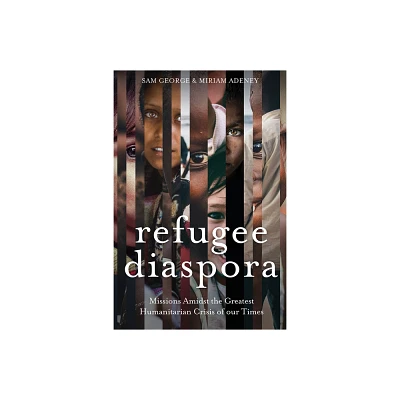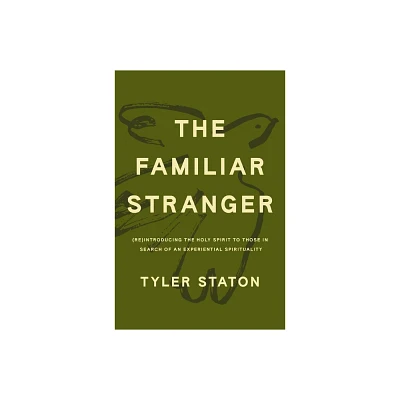Home
Helping Familiar Strangers: Refugee Diaspora Organizations and Humanitarianism
Loading Inventory...
Barnes and Noble
Helping Familiar Strangers: Refugee Diaspora Organizations and Humanitarianism
Current price: $75.00


Barnes and Noble
Helping Familiar Strangers: Refugee Diaspora Organizations and Humanitarianism
Current price: $75.00
Loading Inventory...
Size: Hardcover
*Product Information may vary - to confirm product availability, pricing, and additional information please contact Barnes and Noble
Who helps in situations of forced displacement? How and why do they get involved?
In
Helping Familiar Strangers
, Louise Olliff focuses on one type of humanitarian group, refugee diaspora organizations (RDOs), to explore the complicated impulses, practices, and relationships between these activists and the "familiar strangers" they try to help. By documenting findings from ethnographic research and interviews with resettled and displaced persons, RDO representatives, and humanitarian professionals in Australia, Switzerland, Thailand, and Indonesia, Olliff reveals that former refugees are actively involved in helping people in situations of forced displacement and that individuals with lived experience of forced displacement have valuable knowledge, skills, and networks that can be drawn on in times of humanitarian crisis.We live in a world where humanitarians have varying motivations, capacities, and ways of helping those in need, and
confirms that RDOs and similar groups are an important part of the tapestry of care that people turn to when seeking protection far from home.
In
Helping Familiar Strangers
, Louise Olliff focuses on one type of humanitarian group, refugee diaspora organizations (RDOs), to explore the complicated impulses, practices, and relationships between these activists and the "familiar strangers" they try to help. By documenting findings from ethnographic research and interviews with resettled and displaced persons, RDO representatives, and humanitarian professionals in Australia, Switzerland, Thailand, and Indonesia, Olliff reveals that former refugees are actively involved in helping people in situations of forced displacement and that individuals with lived experience of forced displacement have valuable knowledge, skills, and networks that can be drawn on in times of humanitarian crisis.We live in a world where humanitarians have varying motivations, capacities, and ways of helping those in need, and
confirms that RDOs and similar groups are an important part of the tapestry of care that people turn to when seeking protection far from home.

















